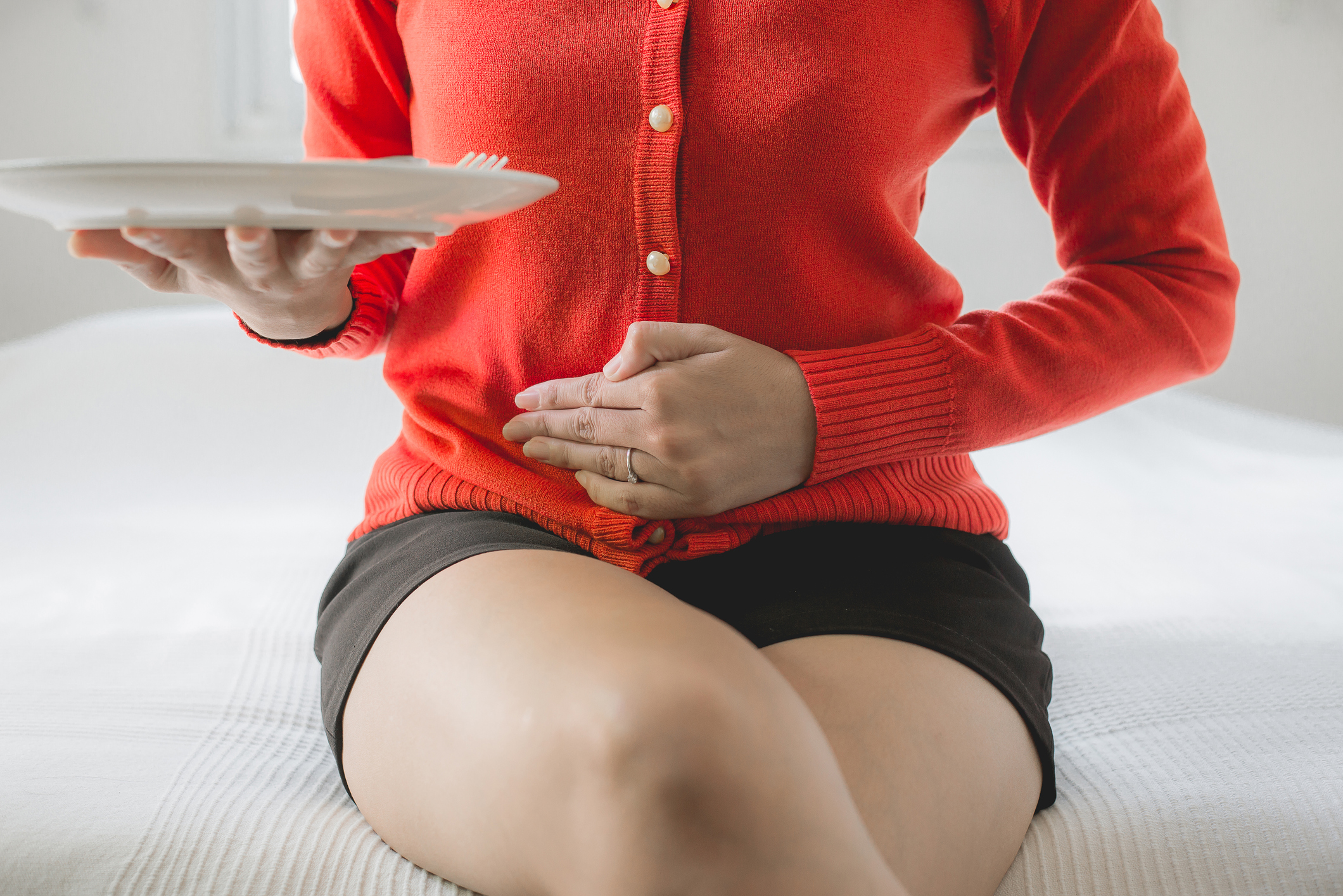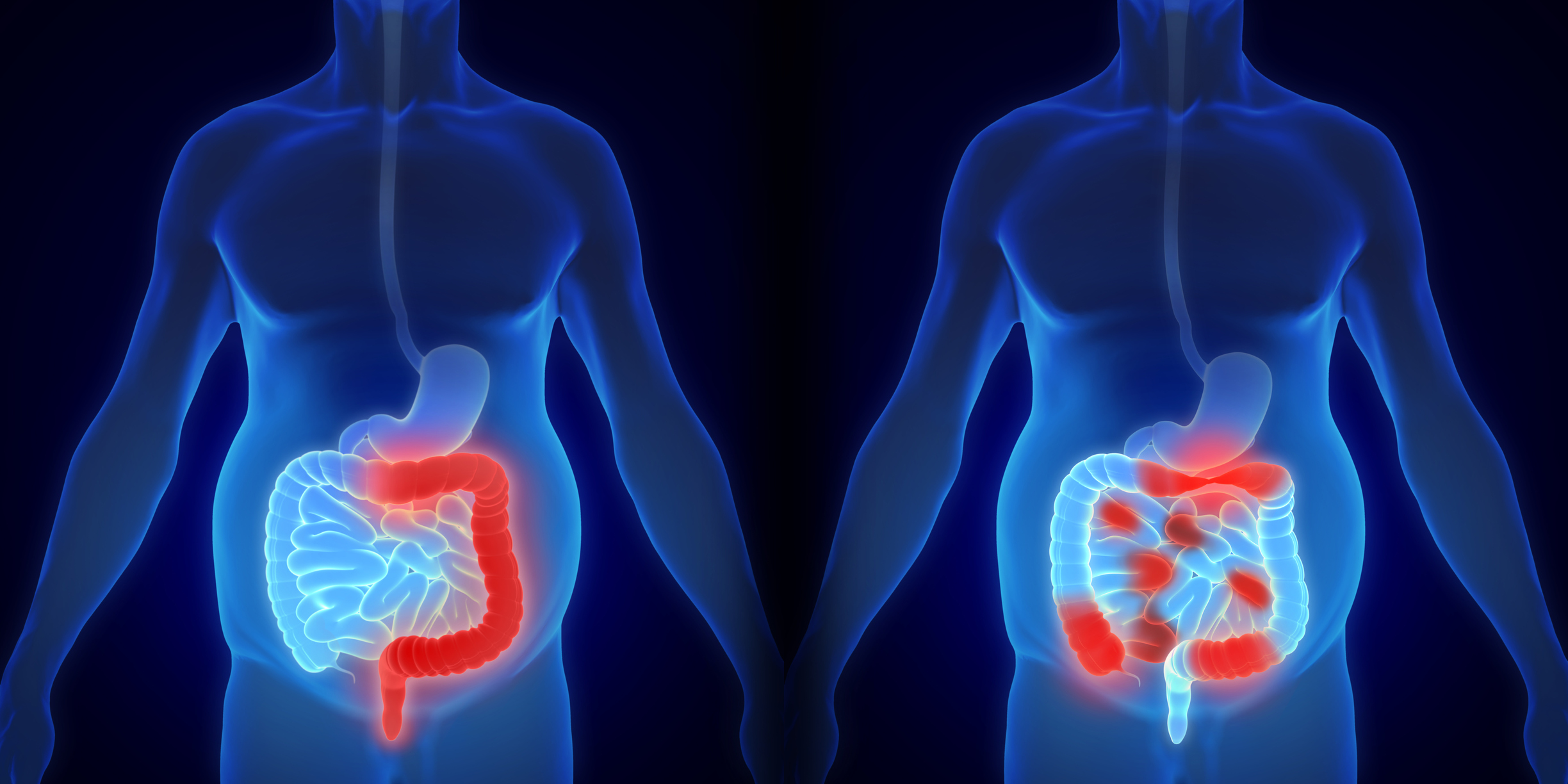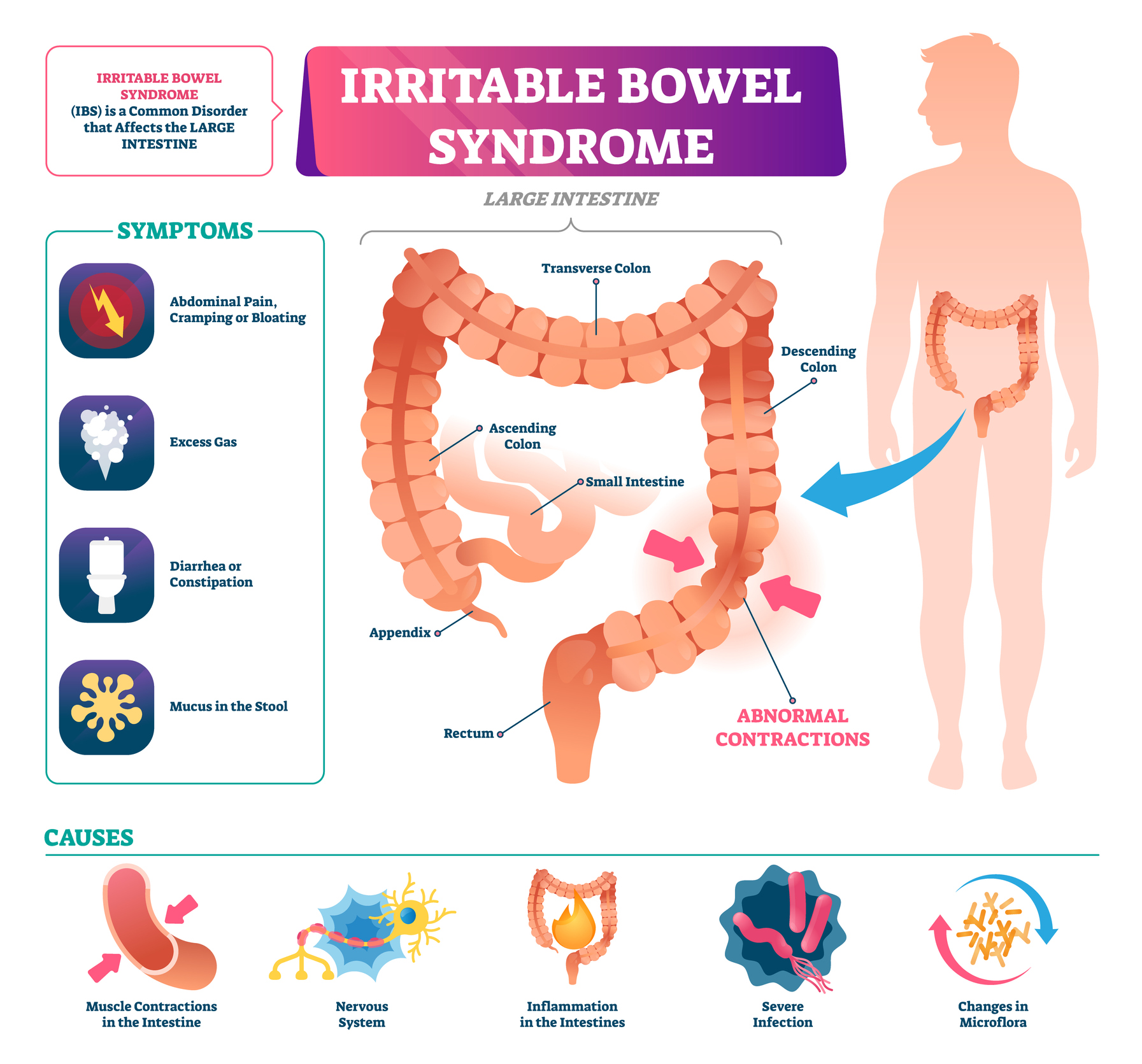Pooped in My Sleep: What It Really Means for Your Gut Health
CLICK HERE TO Experience clean, and consistent perfect daily poops with increased youthful energy!
Waking up to realize you pooped in your sleep is a shocking experience. For some, it happens only once, tied to a sudden stomach bug or food reaction. For others, it’s part of a larger pattern linked to bowel incontinence or other digestive conditions. At SANEMD, we’ve seen how this issue affects both confidence and quality of life. Gut health is central to physical and mental health, and addressing unexpected accidents during sleep is about more than embarrassment—it’s about understanding your body and regaining control.
Bowel movements, including unexpected accidents, are a normal part of overall health and should be openly discussed with healthcare providers.
Why Pooping in Your Sleep Happens
There are several common causes of pooping in your sleep, with fecal incontinence and digestive conditions being among the most frequently reported.
The most common explanation is fecal incontinence, sometimes called bowel incontinence. This occurs when the anal sphincter muscles or pelvic floor muscles cannot hold stool effectively. When these muscles weaken, or when there is nerve damage disrupting signals from the nervous system, the body may have an involuntary nocturnal bowel movement without warning. In some cases, people pass stool when awake but unable to get to the toilet in time; in others, they may experience passive incontinence during sleep.
Temporary episodes may be tied to watery stools from food poisoning, spicy foods, or certain foods like dairy products that irritate the digestive system. Chronic issues, however, can indicate conditions like irritable bowel syndrome, inflammatory bowel disease, Crohn’s disease, or rectal prolapse. Severe abdominal pain, frequent constipation, or uncontrolled diarrhea are all signals that a deeper health condition may be present.
The Role of the Digestive System
Your digestive system is designed to regulate bowel movements in a predictable cycle. The small intestine and rectum process food into stool, and anal muscles work with the anal sphincter to hold it until you can pass stool at the right time. When this process breaks down—through chronic constipation, weakened muscles, or muscle or nerve damage—bowel control becomes more difficult. Even solid stool can slip past weak anal sphincter muscles if pelvic floor function is compromised.
Bowel retraining can help restore regularity and improve the function of the bowels, often through dietary changes, establishing regular toileting routines, and techniques to stimulate bowel movements.
For many patients, a physical exam or anorectal manometry (a test that measures anal sphincter strength) is key to diagnosis. A colorectal surgeon may also recommend imaging to identify rectal prolapse or other structural issues.
Nerve Damage and Incontinence
Nerve damage is a major contributor to fecal incontinence and can make it difficult to control bowel movements. The nerves that signal your bowel when it’s time to pass stool can be affected by injuries, certain surgeries, or medical conditions like multiple sclerosis. When these nerves are damaged, the communication between your brain and bowel is disrupted, leading to accidental bowel leakage—even when you’re not aware of it. This type of incontinence is often a symptom of an underlying issue, so it’s important to seek medical advice if you notice changes in your ability to control bowel movements. Treatments for nerve-related fecal incontinence may include medications to manage symptoms, physical therapy to strengthen the muscles that support bowel control, or surgery in more severe cases to repair or replace damaged nerves. Addressing nerve damage early can help restore confidence and improve your quality of life.
Pelvic Floor and Incontinence
The pelvic floor is a group of muscles—including the anal sphincter muscles—that play a vital role in regulating bowel movements and maintaining bowel control. When these muscles are strong, they help you hold stool until you’re ready to pass it. However, muscle or nerve damage to the pelvic floor can weaken these muscles, making it harder to control when and how you pass stool. This can lead to symptoms of bowel incontinence, such as accidental leakage or difficulty holding stool. Strengthening the pelvic muscles through targeted exercises, like Kegels, can help improve fecal incontinence and restore control. In some cases, physical therapy or biofeedback is recommended to help retrain the pelvic floor and anal sphincter muscles. If you’re experiencing symptoms of weakened muscles or nerve damage, working with a healthcare provider can help you find the right approach to manage your bowel health.
Symptoms to Pay Attention To
If you’ve pooped in your sleep more than once, take note of these symptoms:
- Accidental bowel leakage during the day or night
- A sudden urge to pass stool without enough warning to reach the toilet in time
- Ongoing constipation followed by loose stools
- Inflammation or irritation in the rectum
- Difficulty holding stool even with lifestyle changes
These may point to faecal incontinence or another medical condition. It’s important not to feel embarrassed—this is a health condition, not a character flaw. The National Institute of Diabetes and Digestive and Kidney Diseases notes that bowel incontinence is far more common than most people realize.
Risk Factors and Lifestyle Factors
Risk factors include aging, prior surgery near the rectum, physical disability, chronic constipation, and digestive conditions. Women may face higher risk due to childbirth-related pelvic muscle injury. Lifestyle factors such as high intake of spicy foods, poor hydration, or lack of dietary changes to support stool regularity can also worsen the problem. Even mental health plays a role, as stress can directly affect bowel movements.
Treatment Options That Work
The good news: treatment is available. From conservative methods to surgery, there are multiple treatment options that can improve fecal incontinence and help patients regain confidence.
- Lifestyle changes: Adjusting diet, reducing spicy foods, avoiding certain foods, and ensuring adequate fiber and warm water intake can regulate bowel movements.
- Bowel retraining: Training the body to pass stool at regular times improves control over bowel movements.
- Pelvic floor therapy: Strengthening pelvic floor muscles and anal muscles helps patients hold stool more effectively.
- Medical support: Anal plugs, artificial sphincter devices, and other treatments like small tube implants or small device stimulators may be recommended.
- Surgery: In severe cases, surgery to repair rectal prolapse or support weakened muscles may be necessary.
A colorectal surgeon can outline which treatment options match the severity of your condition. A physical examination, including visual inspection and rectal examination, is often performed to assess the cause of bowel issues such as damage, tumours, or muscle function around the anus. Even simple steps like learning how to treat constipation early or making targeted dietary changes can improve fecal incontinence dramatically.
CLICK HERE TO Experience clean, and consistent perfect daily poops with increased youthful energy!
Reducing Stress for Better Gut Health
Stress doesn’t just affect your mind—it can have a direct impact on your digestive system and gut health. High stress levels are known to worsen symptoms of irritable bowel syndrome and inflammatory bowel disease, and can even trigger episodes of bowel incontinence or accidental bowel leakage. When you’re stressed, your body’s ability to regulate bowel movements can be disrupted, leading to constipation, diarrhea, or unpredictable bowel habits. Incorporating stress-reduction techniques like meditation, yoga, or deep breathing exercises into your daily routine can help calm your digestive system and improve symptoms. Taking care of your mental well-being is a key part of maintaining a healthy gut and preventing unwanted bowel symptoms.
Pro Tip: Don’t Wait
Many people feel embarrassed and avoid medical advice. But waiting can worsen symptoms. Addressing bowel incontinence quickly improves both physical health and mental health. Regaining control starts with awareness, honesty with your healthcare provider, and consistent follow-through.
SANEMD’s Approach to Gut Health
At SANEMD, we’ve seen firsthand how digestive conditions can hold people back from living fully. For patients struggling with fecal incontinence, lifestyle changes supported by proven gut health supplements can transform outcomes. Our formula Viscera-3 is designed to strengthen bowel regularity, reduce chronic constipation, and support the digestive system in ways that complement medical treatment. When used alongside professional care, it can improve fecal incontinence and help patients pass stool predictably without fear of accidents.
Incontinence and Mental Health
Living with bowel incontinence or fecal incontinence can take a toll on your mental health. Many people feel embarrassed or anxious about their symptoms, which can lead to isolation or reluctance to seek treatment. It’s important to remember that bowel incontinence is a medical condition, not a personal failing. Addressing the emotional side of incontinence is just as important as treating the physical symptoms. Support from mental health professionals, such as counseling or therapy, can help you manage feelings of shame or anxiety and build coping strategies. By prioritizing both your physical and mental health, you can take important steps toward effective treatment and a better quality of life.
Finding Support
You don’t have to face fecal incontinence alone. There are many resources available to help you manage symptoms and regain control over your bowel movements. Healthcare providers, including colorectal surgeons and gastroenterologists, can guide you through treatment options and recommend lifestyle changes tailored to your needs. Support groups—both online and in-person—offer a safe space to share experiences and learn from others who understand what you’re going through. National organizations and reputable online resources provide information on dietary changes, bowel retraining, and other treatment options to help you improve your bowel health. Reaching out for support is a powerful step toward managing fecal incontinence and living with greater confidence.
Living With Confidence Again
Whether it’s passive incontinence during sleep, urge incontinence with sudden urges, or difficulty controlling bowel movements due to weakened muscles, no one has to live in silence. Other treatments are available, and regaining control is absolutely possible. With the right dietary changes, bowel retraining, medical support, and gut-focused supplements, you can improve symptoms and take back your nights.
If you’ve ever thought, “I pooped in my sleep—what’s wrong with me?”, remember this: it’s a medical condition, not a personal failing. There are solutions, and SANEMD is here to support every step of the way.









